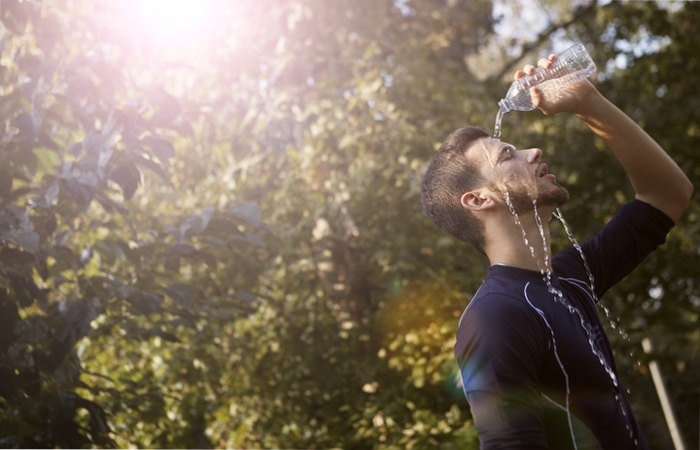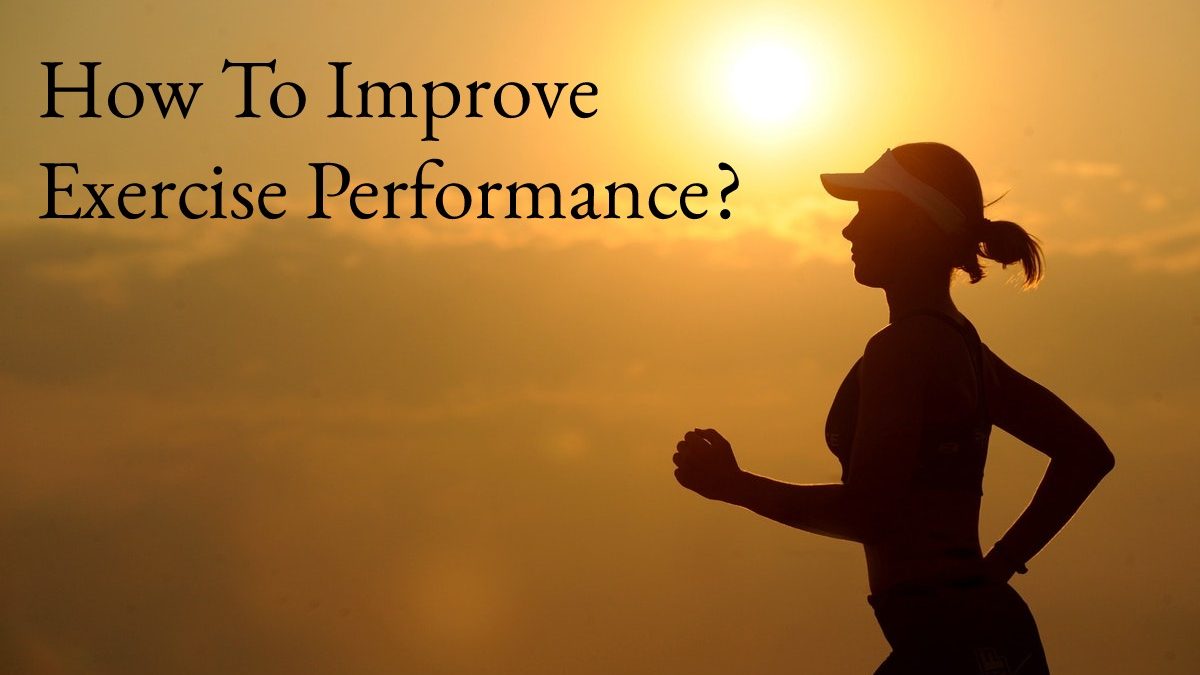If you want to improve exercise performance, it will be essential to attend to a series of aspects and determining factors, which must constantly control, as if it were physical training itself:
Table of Contents
Feeding
The vast majority of athletes know that diet is a fundamental factor when it comes to obtaining adequate sports performance. Without the necessary nutrients for physical activity, it will be challenging for our body to develop all the potential it can offer. Food contains nutrients (we haven’t discovered anything new): fats, carbohydrates, proteins, vitamins, and minerals.
All of them are essential for our body to function correctly and for our state of health to be good, but also, in the case of having to make an arduous effort, they become even more essential if possible. Sports nutrition plays the primary role, as it cannot be otherwise, and knowing its most fundamental aspects will be necessary. Moreover, sports performance and food are closely linked since nutrients constitute the essential fuel for the physical work to be carried out.
Training Planning
Achieving a goal is done with the idea that you want to reach that goal in the most direct way possible, avoiding mistakes, shortening time, and avoiding injuries. Training aimlessly, for example, regularly running the exact 8 kilometers, will improve the body during the first few weeks. Still, there will come a time when the body will have adapted to that effort.
The work of different physical qualities must consider achieving an overall improvement in performance. That is work resistance, explosiveness, coordination, agility, and strength. All these qualities will be the ones that act, to a greater or lesser extent, throughout, for example, a competition. Therefore, if you want to achieve good sports performance, you must be good at achieving this with training planning.
Who is in charge of planning or periodizing the training sessions? This task is something that sports trainers and personal trainers often do.
Rest
Rest is part of training planning, and it is a factor that must distribute throughout the different micro cycles that are part of said planning. There is no progress in physical performance without rest since the body continues to work in athletics once we have finished training. In addition, tasks such as reconstructing muscle fibers (also dependent on nutrition). The relaxation of the mind, or the secretion of some hormones (such as growth hormone), will carry out during rest time.
Rest can approach in many ways, talking about the daily sleep time and the number of hours between training sessions. The differentiating between passive rest and active rest. Not getting adequate rest will affect sports performance because fatigue will appear in a shorter period than in the case of having rested correctly and having been able to perform the tasks above.
We will be able to train hard, feed ourselves properly, and have the best sports equipment. But if there is no adequate rest that allows the body to carry out this compensation phase, sports performance will be seen little by little.
Hydration

Hydration in sports is as important as nutrition. Our body is mostly water, and this water fulfills functions of great importance directly related to sports performance. The first of these functions is to eliminate the different waste substances generated during sports practice and the hours after training.
Another function has to do with the health of our joints, which need to be adequately lubricated as if they were machinery. This aspect is essential considering the work they have to do. The supply of nutrients to the cells carries out thanks to this vital element, and it is that, for example, the exchange of electrolytes (or mineral salts) has a lot to do with the state of hydration that we have at a particular moment.
When we do sports, we generate energy, and heat produces in the generation of that energy. So water is the element that will allow us to dissipate the heat generated in our body, mainly through sweating. However, suppose the fluid is not supplied to the body regularly (before, during, and after activity). Then, we will likely dehydrate, affecting our sports performance.
The Warm-Up
Warming up is one of the training session phases that supervise, this being a severe mistake in cases where a personal trainer carries out training planning. This problem does not usually appear since it is part of the work. The objective of the warm-up is to adapt the body to the effort that completes later. Without this adaptation, the muscles will not be able to work in optimal conditions. Not warming up and directly submitting to a significant effort can have negative repercussions that result in injury.
Motivation and Psychology
Anything did with enthusiasm and motivation always offers a better result than those done reluctantly, with mistrust or insecurity. Therefore, the mind is a factor of great
Motivation moves a person to carry out an action or act in a certain way. Therefore, reaching a stated objective and surpassing various goals. Along the course will be one of the most positive factors with which An athlete will count. Therefore, knowing how to manage an athlete’s motivational and psychological state properly will be something essential for any coach.
How can Exercise Performance be Focused?
Due to this, there are different forms, or theories, that intend to approach the study of exercise performance:
The muscle concentration theory: this theory focuses on studying muscle work. More specifically, on the process of muscle contraction and its relationship with energy metabolism.
Bioenergetics of sports performance: the movement carried out by our muscles is due to the contribution of energy, among other factors. The different variations that occur in exercise performance are studied depending on the duration, intensity, and type of work.
Theory of sports training and the cardiovascular system: physical exercise impacts our cardiovascular system. This fact will produce different adaptations in it, which, in turn, will influence sports performance.
Theory of the effect of temperature and altitude: we cannot ignore that training on a spring day on the shore of the beach is very different from training. On a July day, at 4 in the afternoon on the esplanade of a parking lot. The temperature influences a lot when it comes to performing sports speaking.
On the other hand, oxygen is another element that has another essential role in this play, which is obtaining energy in the body.
Conclusion
Improve exercise performance is unspoken as the means we use to achieve our goals in sports matters. One of the fundamental points is to set goals that combine the development and balance of body and mind. Something difficult to achieve, but that will help us improve and achieve our goals.
Also Read: Vitamin C Serum – Needs, Benefits and More

